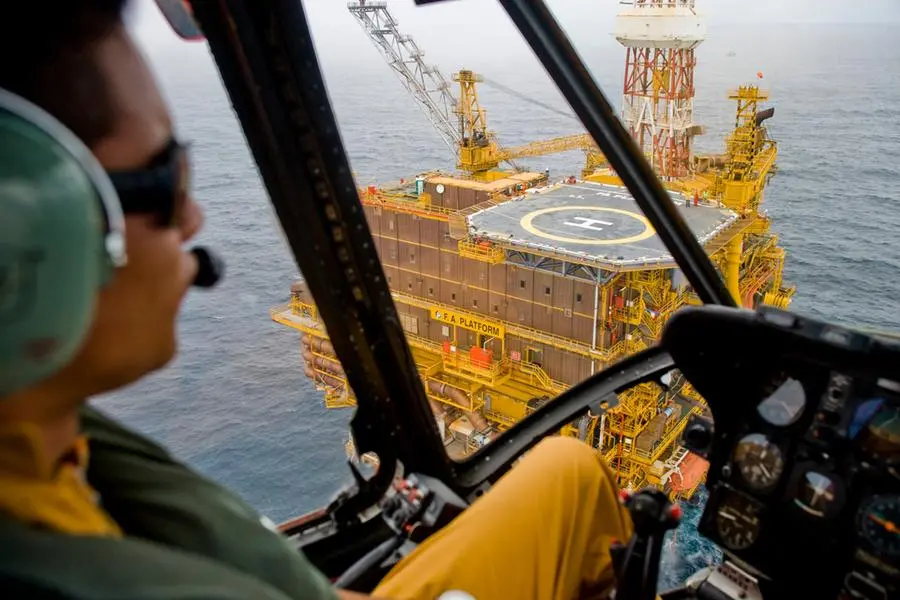PHOTO
Minister of Mineral and Petroleum Resources, Gwede Mantashe, has taken the next step toward overhauling the country’s petroleum sector by publishing the draft Petroleum Products Bill, 2024, for public consultation. This bill, aimed at regulating the downstream petroleum industry, and introduces new licensing and regulatory mechanisms designed to bring transparency and fairness into the industry, as well as promote transformation in favour of previously disadvantaged groups. However, one of the bill’s most vital features is its focus on environmental sustainability, responding to both local and global pressures to reduce the environmental footprint of energy production.
Minister Mantashe stressed that the draft bill incorporates several provisions aimed at safeguarding the environment during petroleum exploration and distribution.
It includes stricter regulations on environmental impact assessments and enhanced compliance requirements for oil and gas companies operating in South Africa.
The bill mandates that all new projects adhere to internationally recognised standards of environmental protection, reducing the risk of oil spills and pollution during production and transportation.
In line with these provisions, companies will now be required to submit comprehensive environmental management plans before any exploration or production activities can proceed.
These plans will be subject to approval by both the Department of Mineral Resources and Energy (DMRE) and the Department of Forestry, Fisheries and the Environment (DFFE), ensuring a multi-layered approach to environmental oversight.
Mantashe the environmentalist
Speaking to media at the recent Africa Oil Week conference, Mantashe addressed concerns raised by environmental groups, reiterating the government’s commitment to sustainable development.
“Our aim is responsible development that balances economic growth with environmental stewardship,” he said.
“Before any shale gas exploration or other major petroleum activities, we are insisting on robust guidelines that minimise the environmental impact.”
This emphasis on environmental safety is in response to civil society organisations and activist groups which have been vocal about the potential environmental risks associated with expanding South Africa’s oil and gas sector.
Mantashe is now paying off his previous promises of giving communities and environmental advocates a voice in shaping the regulations that will govern future petroleum projects.
SA gas open for business
Beyond environmental protections, the draft Petroleum Products Bill is expected to open up the local gas market, a move that Mantashe insists will significantly boost South Africa’s energy security.
The bill introduces clearer regulatory frameworks for gas exploration, production, and distribution, reducing uncertainties that have previously hindered investments in this sector.
By streamlining the licensing process and creating a more predictable regulatory environment, the bill aims to attract both local and international investors to SA’s untapped gas reserves.
“We are targeting between five and eight percent potential GDP growth from oil and gas, based on the models we've seen in neighbouring countries like Namibia,” Mantashe explained about the growing importance of gas in the country’s energy mix.
Supporting the SANPC
The bill also supports the establishment of a state oil company, which would manage South Africa’s petroleum resources more effectively.
This company consolidates key entities such as PetroSA, the Strategic Fuel Fund (SFF), and iGas, to provide a more coordinated approach to developing the country’s oil and gas reserves.
This move is intended to enhance the government’s ability to meet domestic energy demands while ensuring that the local gas market remains competitive and aligned with international best practices.
Energy security
Mantashe’s GDP growth estimates are rooted in the anticipated boom in oil and gas exploration, particularly if significant offshore reserves are developed.
The minister has been adamant that the draft bill is key to unlocking this potential by providing a stable regulatory environment that encourages exploration while ensuring that the interests of both the state and the public are protected.
Government’s efforts to reform the petroleum industry also align with the Ramaphosa administration’s broader objectives of reducing the country’s reliance on coal and diversifying its energy portfolio.
All rights reserved. © 2022. Bizcommunity.com Provided by SyndiGate Media Inc. (Syndigate.info).




















